VR Patient Education in Healthcare
Project Name: Diabetic Retinopathy Module
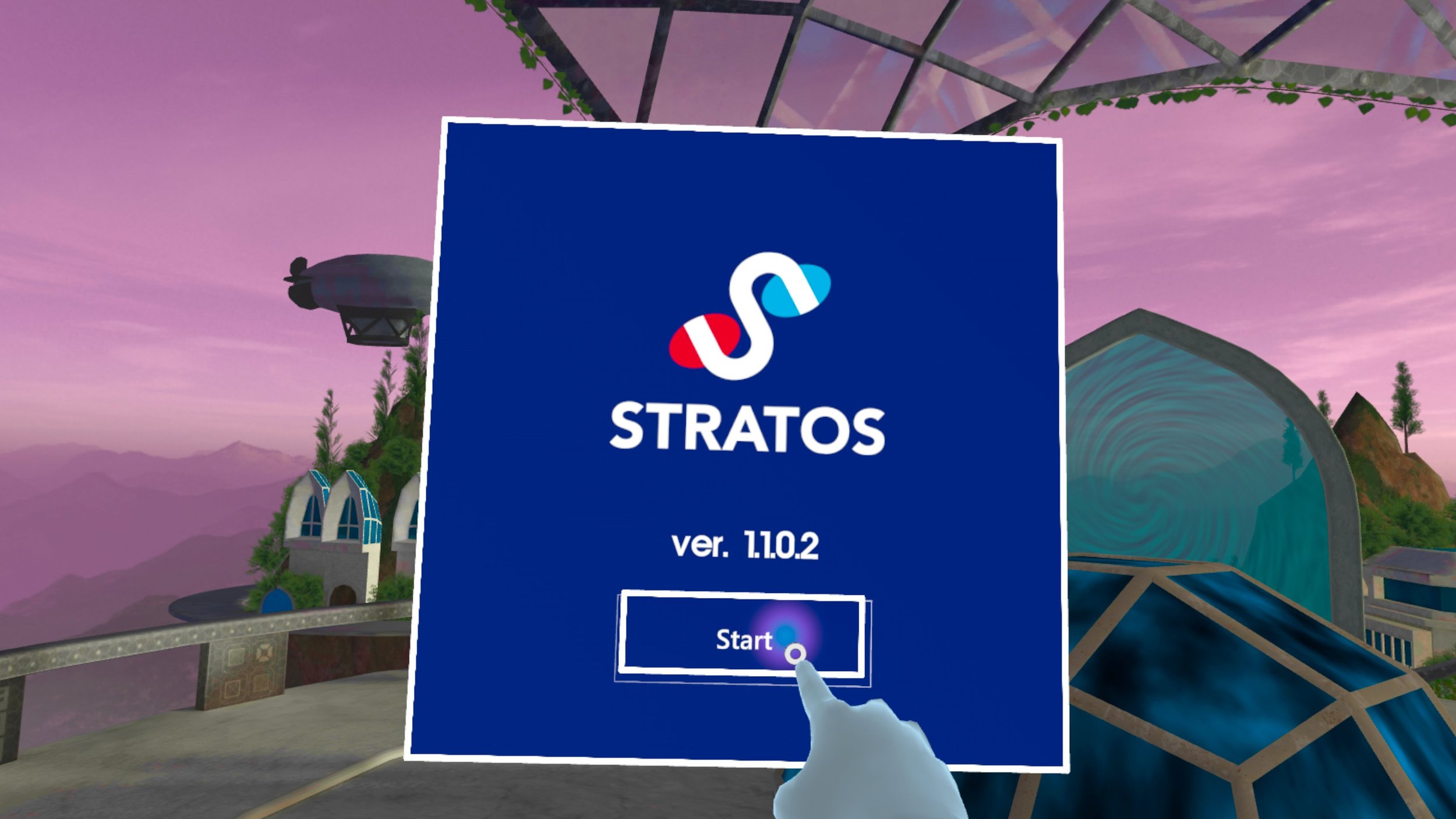
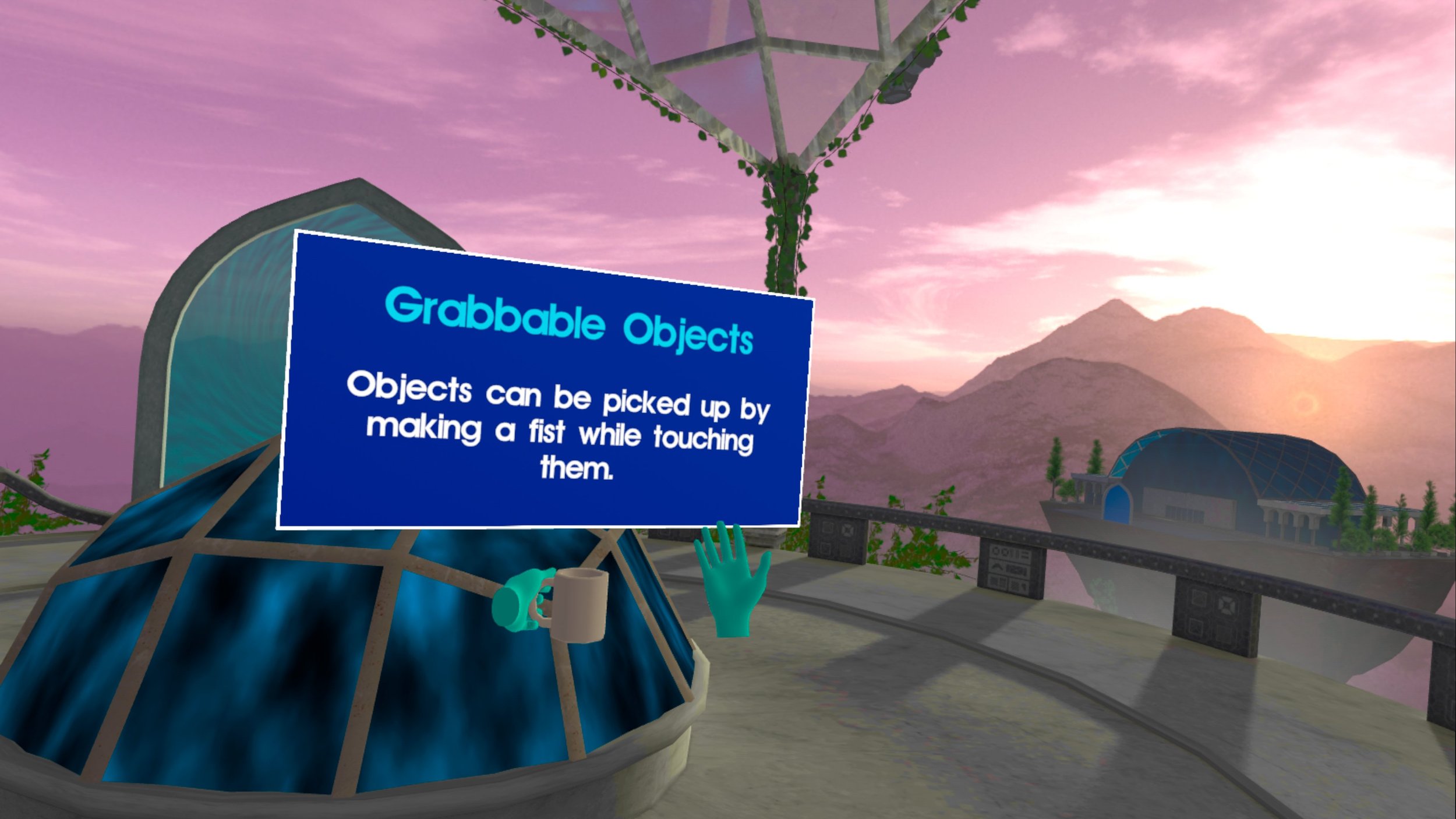
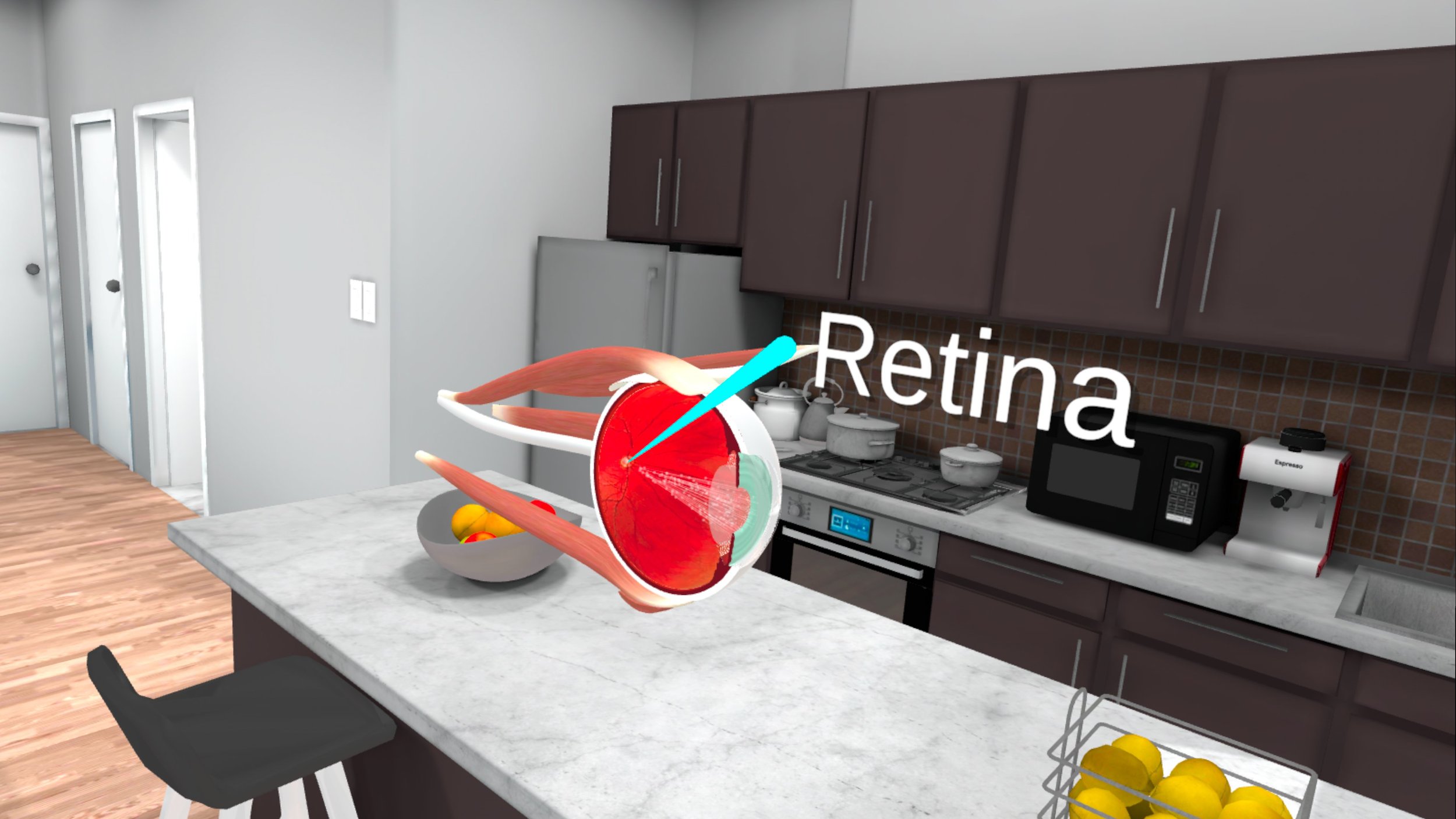
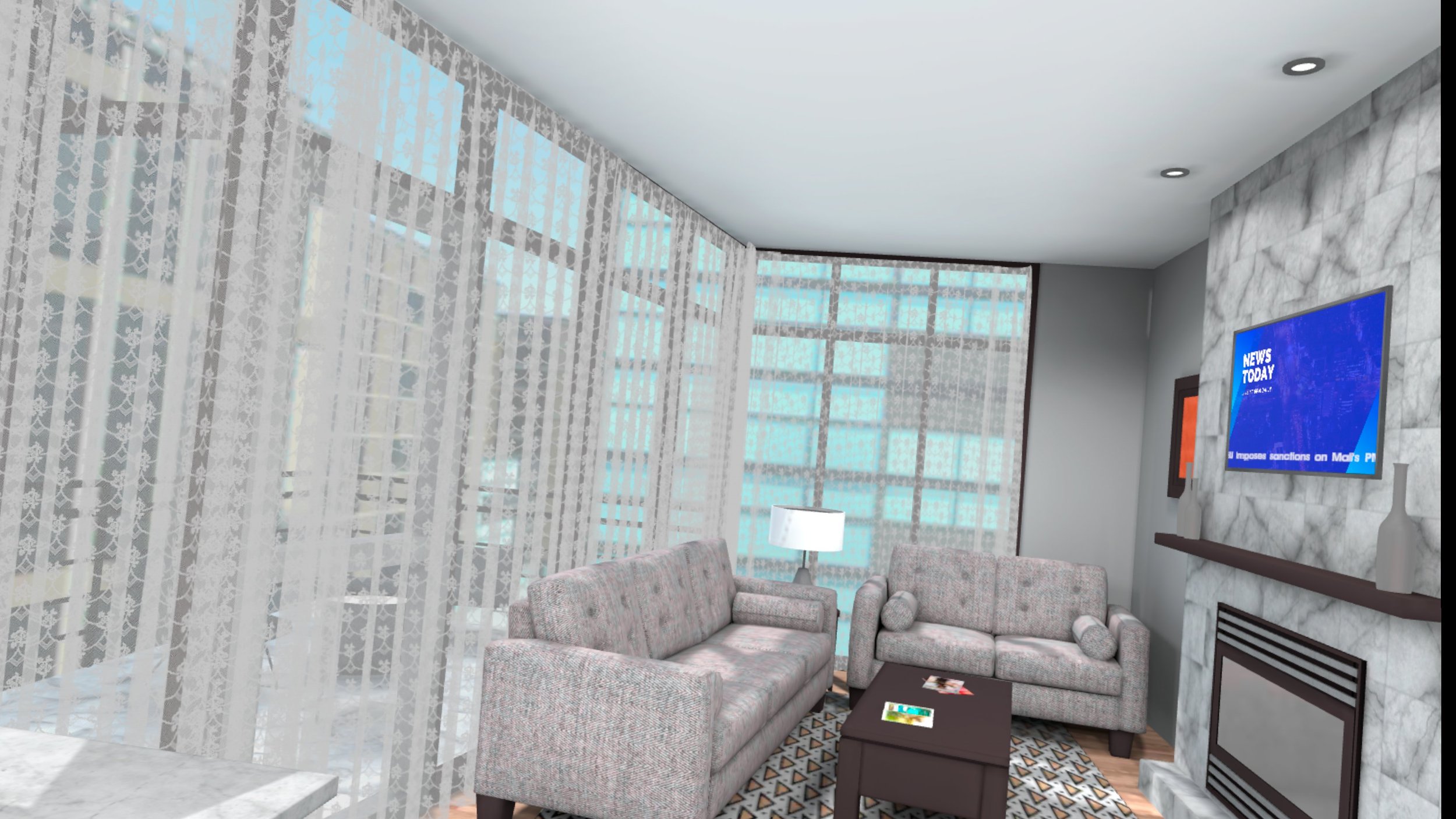
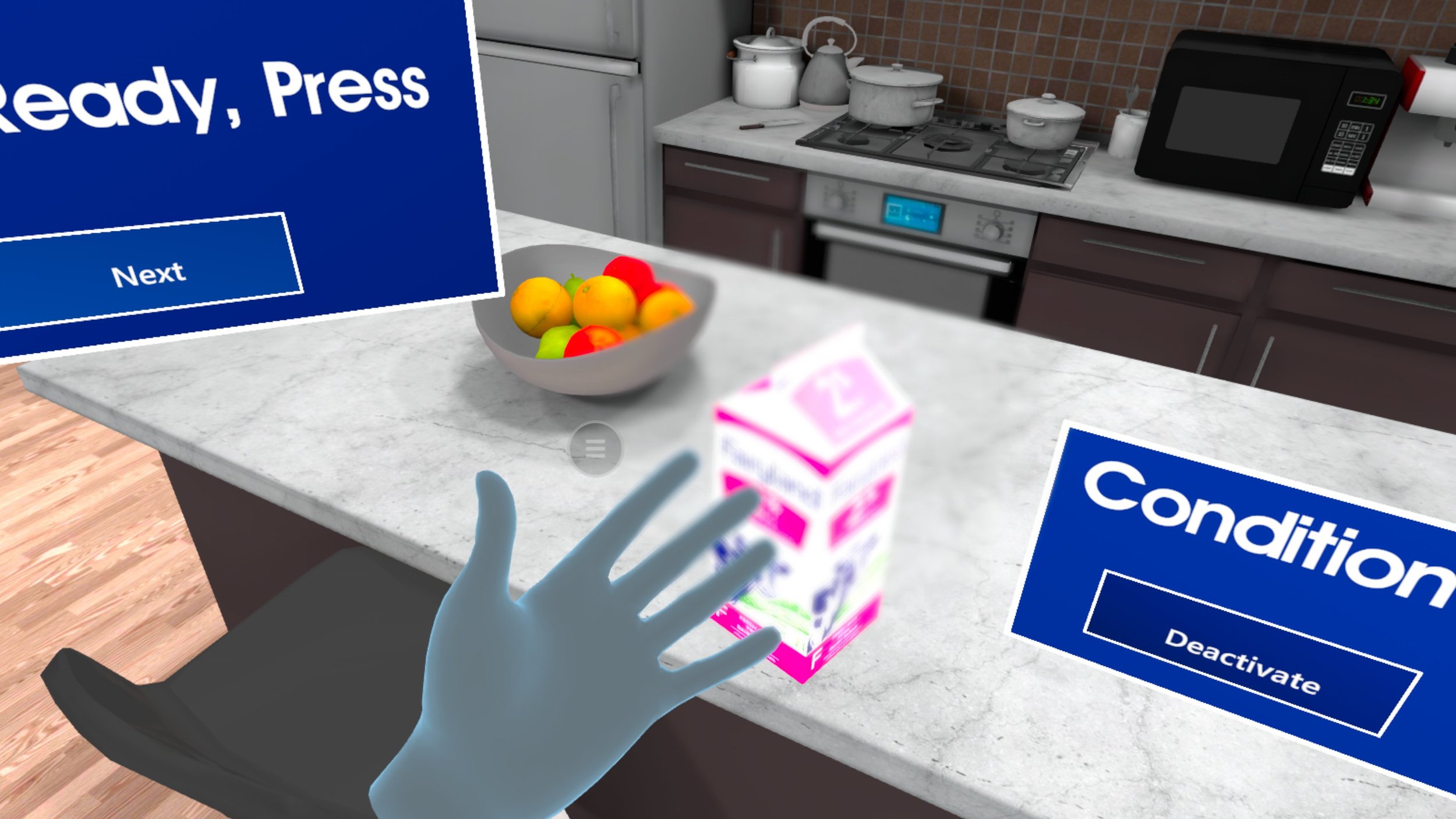
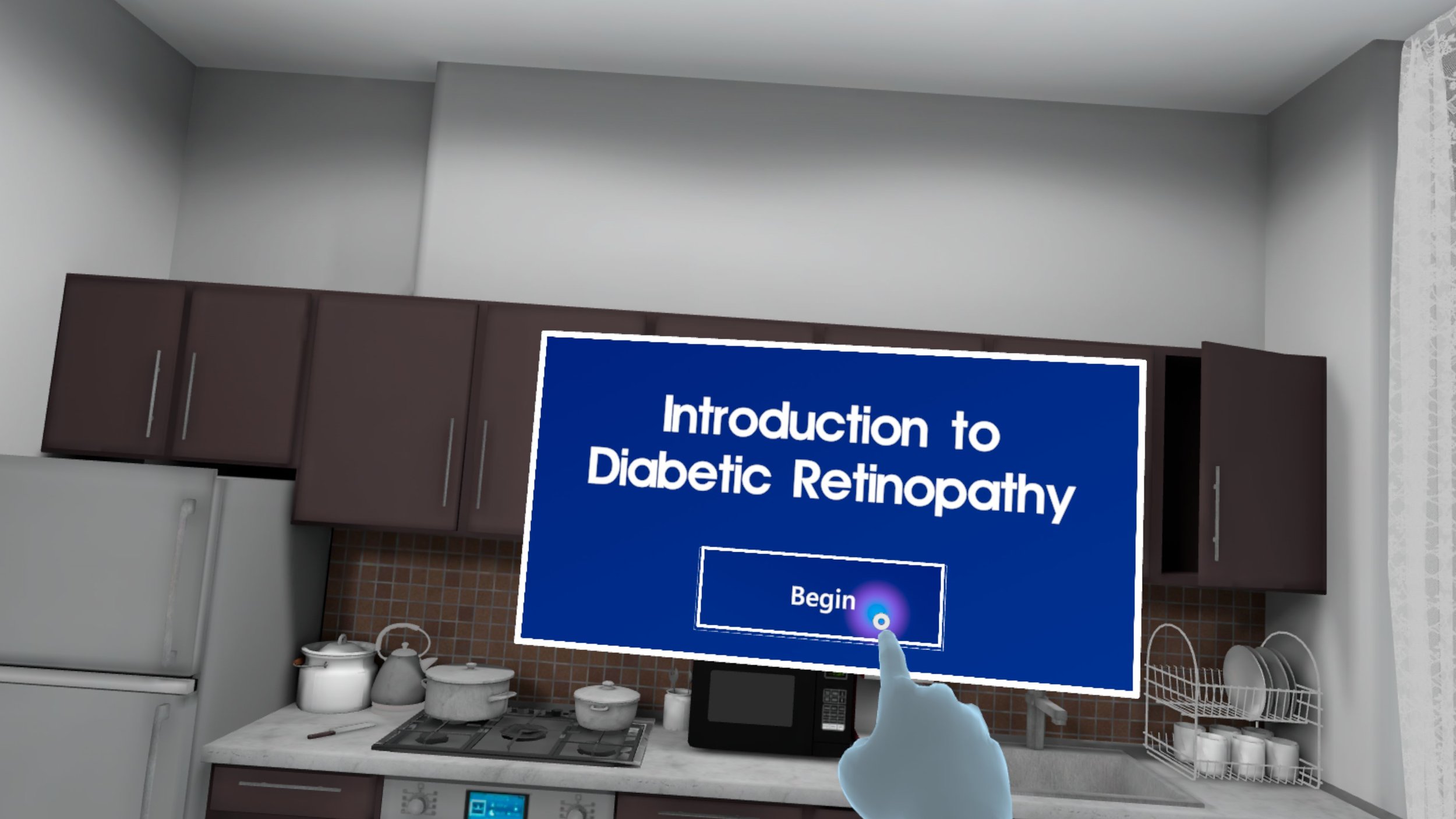
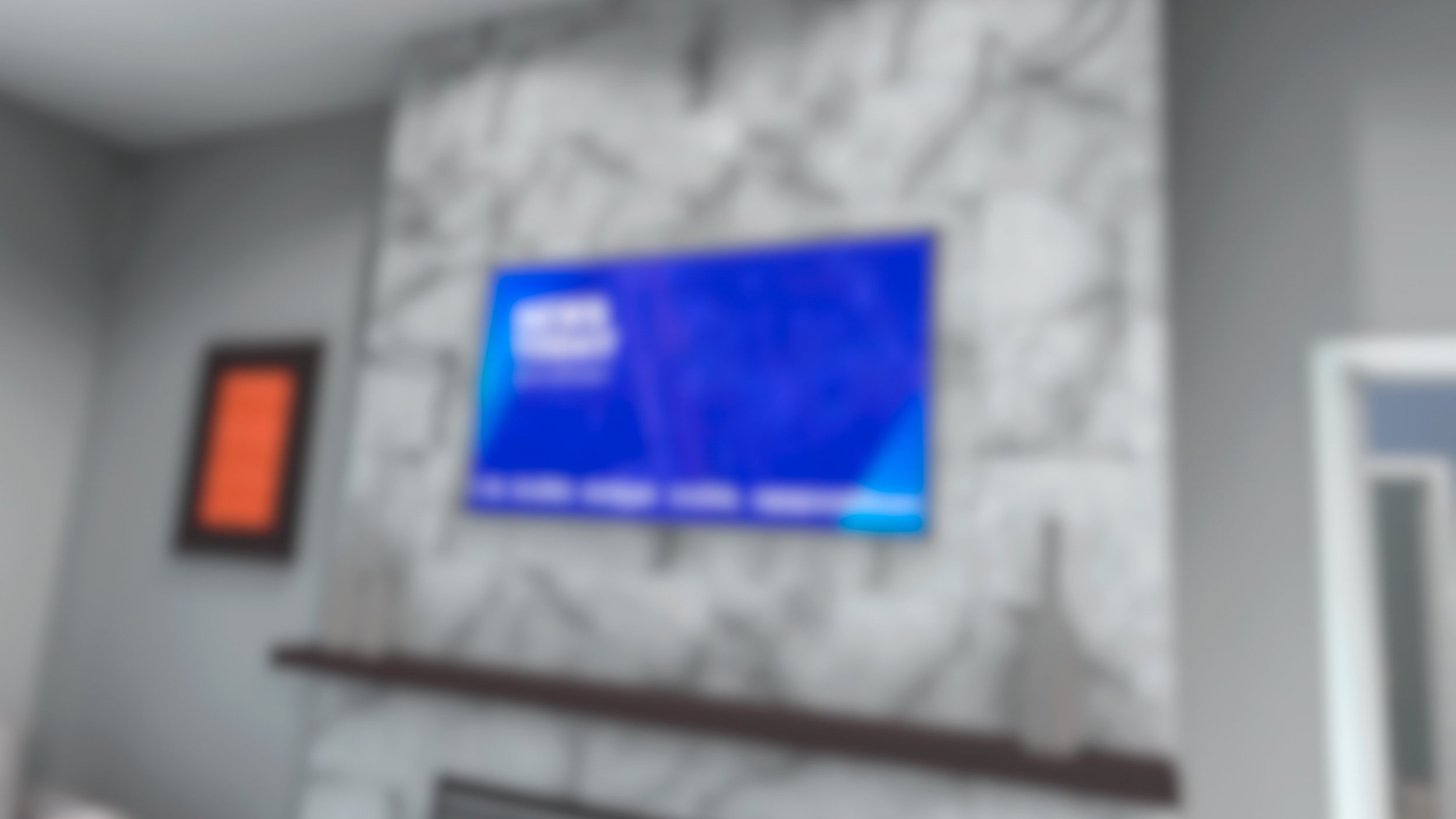
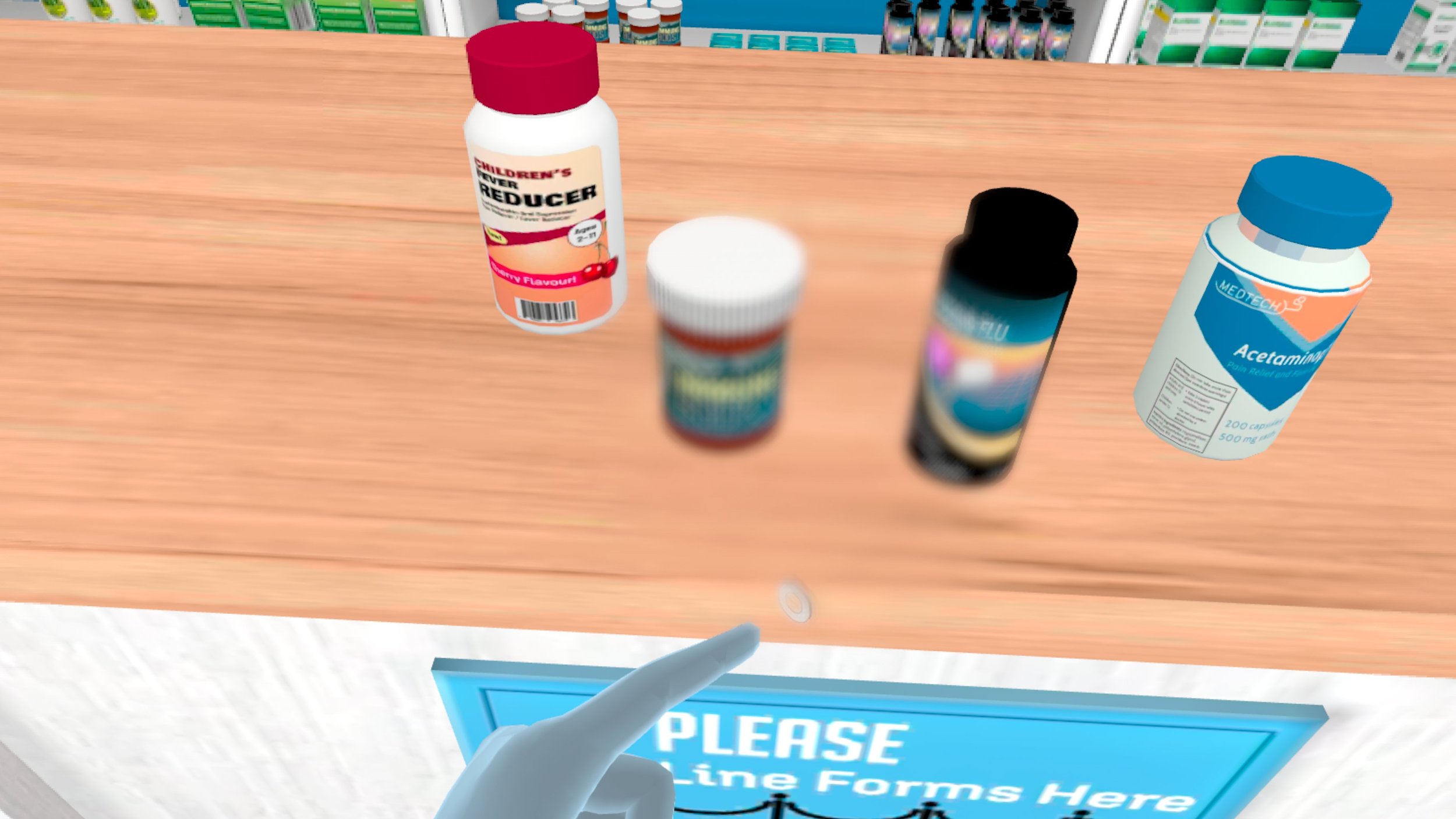
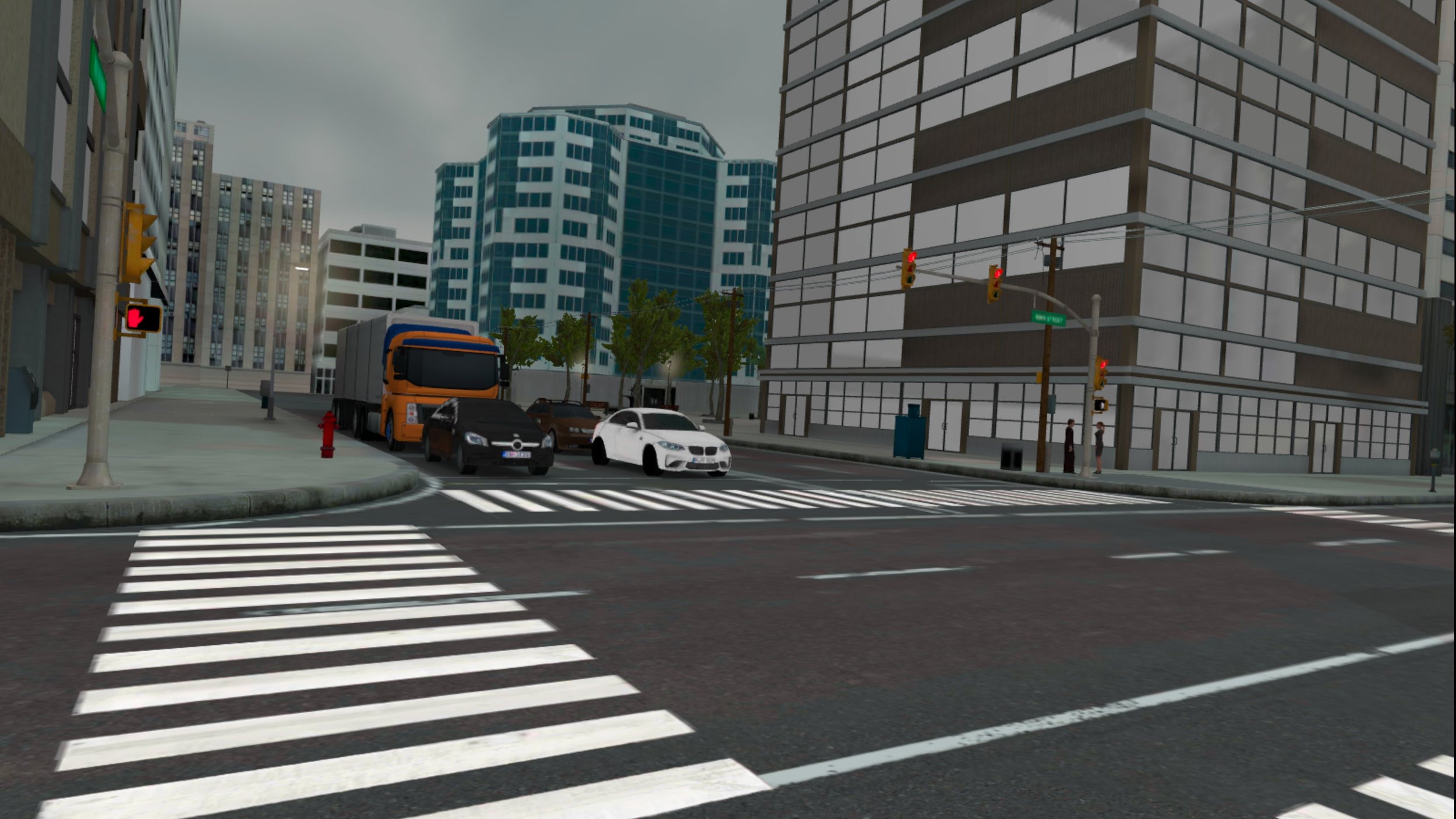
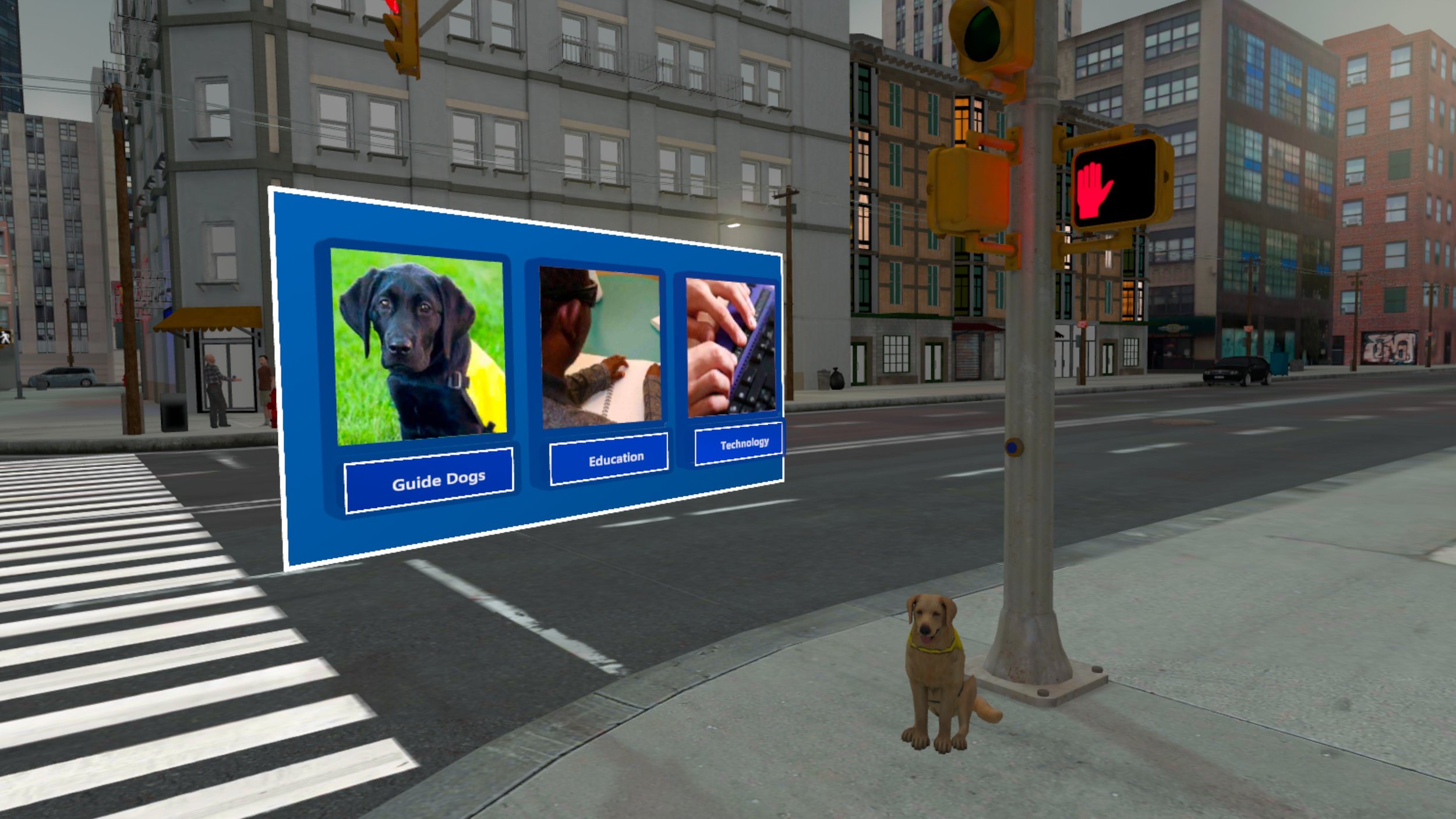
Client: University of Alberta | Department of Ophthalmology
Project Overview:
The client wanted to pursue VR as a learning and education tool for Diabetic retinopathy. Diabetes is the leading cause of blindness worldwide,
and is much more likely if the patient’s diabetes is uncontrolled and eye exams are not done routinely. It can even be symptomless until later stages
of the disease. Patient education is the key to controlling the damage this common disease can cause to patients.
Devices:
Meta Quest 2
Meta Quest 3
Meta Quest 3s
Challenges and Solutions:
Challenge #1: Accessibility
It was essential that the application be as accessible as possible so it could be used easily by the target demographics
(40 - 65+ year old’s have the highest diabetes prevalence).
Solution:
We iterated through different designs, informed by user testing, on how to design for this demographic. We landed on hands-only controls
and simple push buttons, that proved to be more intuitive than requiring controllers and having users learn new interaction strategies.
For most users this was their first time in VR.
Challenge #2: Technical performance on mobile headsets
With accessibility being a key factor in this projects success, mobile headsets like the Meta Quest 2 were a requirement.
That means that we need make beautiful environments run at a high framerate to keep the experience comfortable.
Solution:
The blurring effects and environments were sources of slowdown for mobile devices, which was solved by the following strategies:
Custom blur shaders to take advantage of the mobile hardware.
Expertly optimized 3D models and textures, and use of Level Of Detail (LOD) techniques.
“The product that we produced far exceeded everyone’s expectations and the fun we had along the way made it all worth it.”
Results & Impact:
The end result was a 9 minute VR experience shown on a Meta Quest 2 or 3. The client was thrilled with the end result of the project
and we went on to support a small study with the university researching the efficacy of VR in patient education that is still ongoing.
